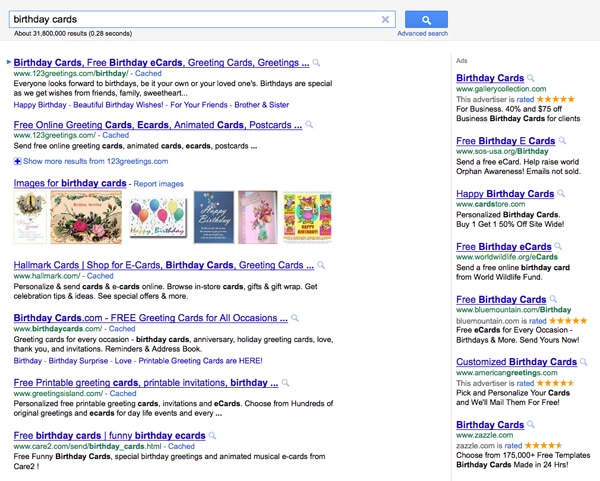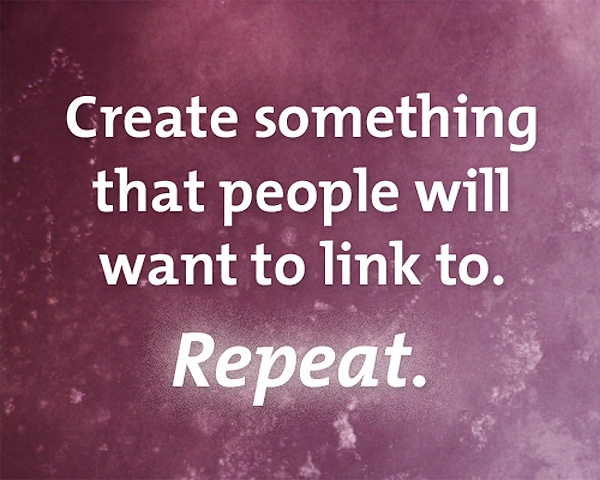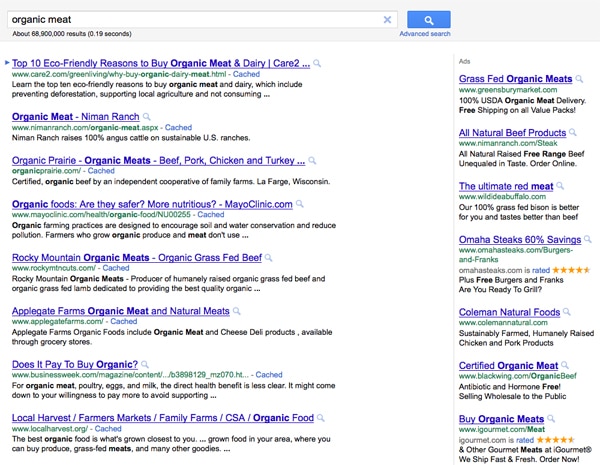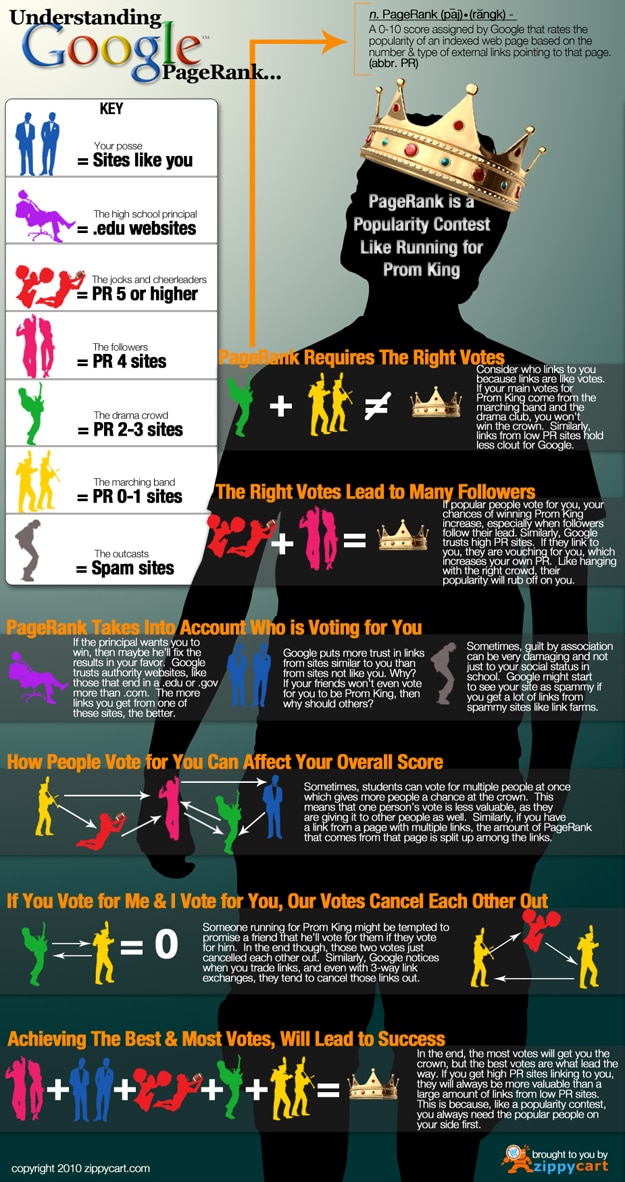One question that people often ask me is, “Which is better, PPC or SEO?” It’s interesting because it seems like the majority of people I follow on Twitter are fans of SEO, and the majority of people I know offline prefer PPC. For me, it’s a clear choice. I’m very familiar both, and I’ve had extensive experience with both. If you are trying to drive more traffic to your website using one of these two methods, you may have wondered which strategy would be best for your website.
If I had to choose one or the other, I would choose SEO hands down. However, that is just my personal preference. Depending on the website, a combination of both might be most appropriate. If you don’t have any experience with these, I am going to try to explain the pros and cons of both in this article to hopefully give you some beginner’s insight.
PPC (Pay Per Click)
Pay per click marketing is a form of Internet advertising where you pay each time someone clicks on your link. PPC is expensive; however, if done well, it can be very effective. There was a time back in 2007-2008 when I was spending about $600-$1,000 a week on PPC advertising for my business. In my opinion, there are three major areas to cover when deciding to go with PPC advertising.
First, the keyword research is critical. Those in the PPC business know the saying, “Amateurs guess; professionals know.” The success of your PPC advertising will come down mostly to your keyword research. Try to be as targeted as possible. Usually about 95% of your traffic will come from 5% of your keywords. There are several tools out there to assist with your keyword research. Setting up your campaign before researching your keywords is like going to war without an army.
The second element about PPC that is critical is the landing page or page where the link sends people when they click on it. There needs to be a “call to action” on that page. If you are selling something, and you just send people to your home page instead of to a properly set-up landing page, you may not see the results you are hoping for.
The third most important part of any successful PPC campaign is how the ad itself is written. Remember to show your major keyword in the title of the ad. The next text line is the benefit, and the third is the feature, or at least, that is how I structure a PPC ad. There are many different formats to consider. Some people put their phone number right there in the ad in hopes that the person will call instead of clicking on the link, thus saving them a few bucks. A few things that I’ve found are if you put a question mark in the ad, it increases responses dramatically (i.e. Looking For A Greek Cookbook?). Also, capitalizing the first letter of each word in the ad and the URL brings more clicks since it draws the eye in. You can do split testing and other testing methods to increase your CTR also.
PPC is attractive to a lot of people because it’s instant gratification. Yes, there are a lot of bogus clicks that you have to pay for, it takes time to do the proper keyword research, and it’s expensive. Some people make it work though, and they love it. If you are considering PPC, you might like 10 Must Have Google Adwords Features. If you do this, just be sure to stick to your budget. Trust me, it’s easy to get sucked into it all. It feels like a game after a while.
The PPC ads on this page are the ones to the far right under the word “Ads.”
SEO (Search Engine Optimization)
Focusing on SEO instead of PPC is like going all natural. SEO is like going hiking in the woods and enjoying the sunset. PPC is like staying in a fancy hotel with over-priced room service. Both are nice, but sometime you prefer one over the other. With SEO, instead of paying money to show up in the search engine, you let it happen organically. I love SEO, and let me explain why. First of all, many people are scared of SEO, and they think it’s too hard to learn. It’s not. However, since a lot of people think that, they don’t do it, so there is an opportunity for you to dominate.
Don’t be fooled into thinking that just because SEO doesn’t cost money, it’s free. It’s not. There is a huge time investment to learn the process, but the return on that investment is very high. There are two main types of SEO: On-page optimization and off-page optimization. These days, off-page optimization is mainly focused on how many incoming links you have coming into your site. Each incoming link is like a little pot of gold (especially if that site has an Alexa rating better than yours).
When I mention people here on Bit Rebels, I always try to remember to link to their site because I know it will help them. You may get emails from strangers asking if you can link to each other’s sites (I get dozens of these a day). It is because that person is trying to build their incoming links. However, according to the page rank infographic below, those links typically cancel each other out. I don’t know if that’s true, but I don’t normally don’t have time to respond to those emails anyway.
If you want to create more incoming links to your site, this is my best advice…
On-page optimization is also very important. It is critical to optimize each image you enter since Google Images brings a lot of traffic. Also, there are between five and ten other things you can do on each post to make sure it is optimized. I won’t go into all those now, but with a little research, you can learn that yourself. It takes me just a few minutes to optimize each post that I write. You do not need to pay someone a lot of money to do this for you. It’s not hard, I promise! If you are using a blogging platform like WordPress, you can do all of your optimizing without even knowing HTML. It’s awesome!
Over time, by properly SEO’ing your webpages, you will see yourself move up in the search engines. You’ll begin to see yourself on the same page right next to the people who paid for PPC advertising. The difference is, the person who got on that page through SEO probably worked on it for months. The person who got on that page by PPC probably worked on it for days. You can learn a lot more about SEO by doing a search for it here on Bit Rebels. Just remember, always write for your readers, not for the search engines. When you start thinking about keywords and those kinds of things, It’s easy to get caught up and you lose your personality in your writing.
The websites listed on the left have gotten to that placement organically (SEO), not through PPC.
Which method for gaining traffic would you prefer? Since PPC is used primarily for sites that sell products or services, and since we don’t sell anything here on Bit Rebels (other than advertising on the site itself), we don’t do any PPC advertising. We are huge fans of SEO though, and we check and double check each post to be sure we optimize the hell out of it. This post was a very basic overview. I didn’t even touch on the role social media can play in SEO, etc… I will save that for another day. In this infographic below, created by ZippyCart, you can learn more about Google page rank. I really like how they’ve laid it out so simply here.
Click Here For Enlarged Image
Image Credit: [Live Dev]




COMMENTS